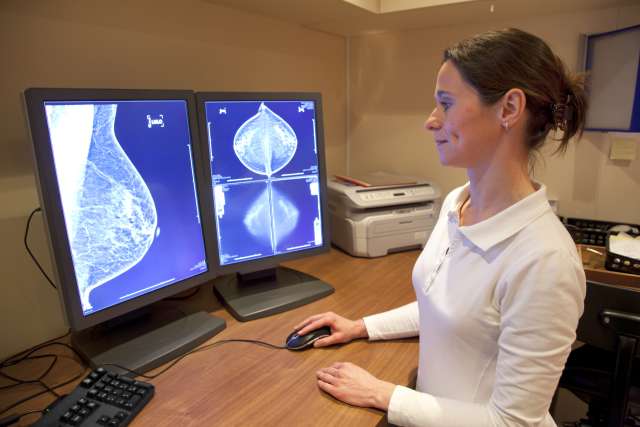The U.S. Food and Drug Administration (FDA) has granted accelerated approval to repotrectinib, a targeted therapy designed for patients 12 years old and older with any type of cancer that is caused by a specific genetic change known as NTRK fusions.
The approval, announced on June 13, 2024, offers new hope to patients with various advanced or metastatic cancers that cannot be removed by surgery or have not responded to other treatments.
The FDA approval of repotrectinib was based on results from the Global TRIDENT-1 and CARE study teams that found more than half of patients with NTRK fusions in their tumors responded to repotrectinib.
, professor of pediatrics and orthopaedics at the David Geffen School of Medicine at UCLA, is one of the leading investigators of the CARE study which is a Phase 1/2 Open-label, safety, tolerability and anti-tumor study of repotrectinib in pediatric and young adult subjects with advanced cancers harboring ALK, ROS1, or NTRK alterations. Data from the pediatric study conducted at UCLA and other sites internationally specifically allowed the FDA to lower the approved age limit to children 12 years old and older.
In this interview, Dr. Federman, who is the Glaser Family Endowed Chair, director of the UCLA Health Jonsson Comprehensive Cancer Center’s Pediatric Bone and Soft Tissue Sarcoma Program and medical director of CTSI Clinical and Translational Research Center, provides a deeper understanding of this development and what the approval means for the future of cancer treatment.
What are NTRK fusions and how do they occur?
NTRK gene fusions occur due to chromosomal rearrangements, causing cells to produce abnormal proteins that can lead to uncontrolled cell growth and cancer.
How does repotrectinib work?
Repotrectinib is a type of drug called a tyrosine kinase inhibitor. It specifically blocks the activity of the abnormal proteins produced by the NTRK gene fusions. By inhibiting these proteins, repotrectinib can slow down or stop the growth of cancer cells that rely on these proteins. By selectively targeting and binding to the abnormal proteins, it minimizes the effect on normal cells. This helps in reducing the side effects compared to less targeted treatments.
Is this type of mutation common?
NTRK gene fusions are rare oncogenic drivers prevalent in 0.3% of solid tumors. They are found in less than 1% of adult cancers and between 0.44% and 3.33% of pediatric cancers. They are most commonly found in salivary gland cancer, thyroid cancer and soft-tissue sarcoma. However, they have also been linked to many other types of tumors, including brain cancer, lung cancer, colorectal cancer, head and neck cancer, pancreatic cancer and breast cancer.
What were the findings that led to the FDA approval?
Repotrectinib was approved based on efficacy from the TRIDENT-1 and pediatric safety in 12 and older in the CARE study, which included 88 adults with advanced or spreading solid tumors that had NTRK gene fusions and safety data from 26 children in the CARE study.
- Out of 48 patients who had tried a similar treatment before, 50% saw their cancer respond to repotrectinib, and this response lasted for an average of about 10 months.
- Among the 40 patients who had not tried similar treatments before, 58% saw their cancer respond to repotrectinib.
How is this treatment an improvement over past treatment – like larotrectinib – for this condition?
Although larotrectinib, which was FDA-approved in 2018, was a breakthrough as the first drug developed and approved based on its molecular activity, many patients eventually develop resistance to it. Repotrectinib offers a new option for these patients, working in a different way to overcome this resistance. The drug, taken as a pill at home, also presents a manageable safety profile, with common side effects including dizziness, a metallic taste, and numbness or tingling in the hands and feet, which were generally mild.
What is most exciting to you about this FDA approval?
I am so excited to continue to push the field of precision oncology for children and adults. To be able to develop and target drugs to block specific cancer molecular “drivers” and limit major bystander toxicities to our bodies is truly personalized cancer therapy. I am also thrilled about the willingness and motivation really of both industry and the FDA to develop these precision therapies in an age agnostic and tumor agnostic approach performing clinical trials in parallel with adults and children to hasten the ability to get these agents to our patients that need them quickly.




